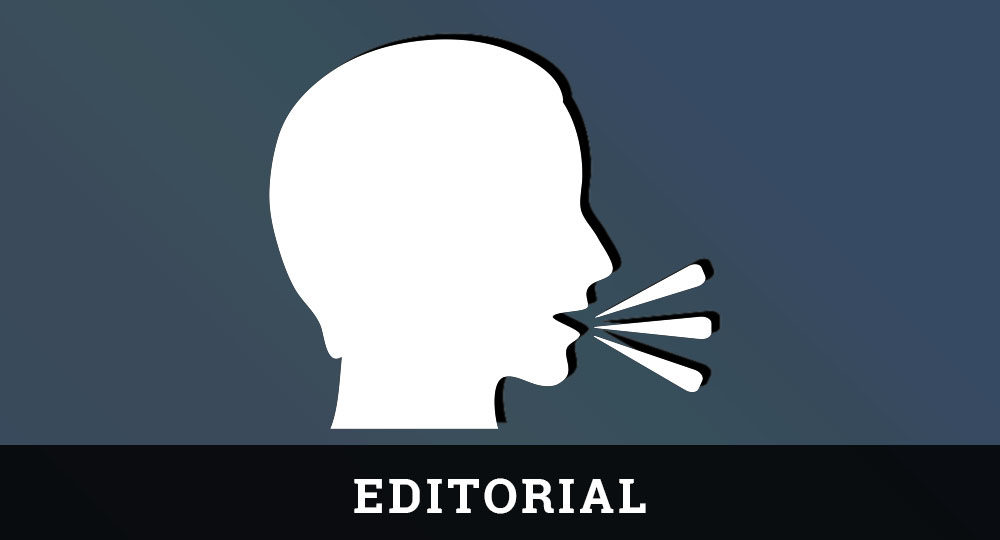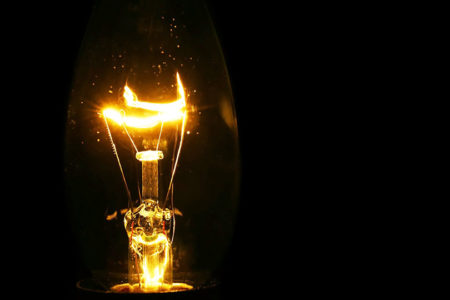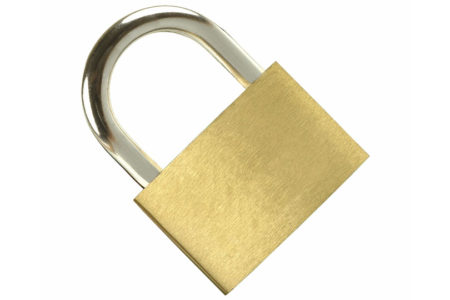Creating a Generic Holocaust?
A typical question always asked of people standing in line at the pharmacy counter is whether they want a brand name drug or a generic.
Are they the same quality?
An honest answer would be, “Sometimes yes; sometimes no.”
But that seems to matter little to a culture being rapidly conditioned to accept generics. This may be a rather minor matter when it comes to stuff that will stop your sniffles; but when it comes to the weightier matters of historical accuracy and distinctive tragedy, not having a trademark or brand name doesn’t cut it.
According to an article by Marilyn Henry in the January 24 issue of The Jerusalem Post (Internet Edition), there is a move afoot in Washington to refashion the Holocaust Memorial Museum into a generic institution more in line with a federalized model of inclusiveness.
Because the museum receives so much money in federal support, it is fair game for government intervention. For fiscal 2000, the museum’s federal appropriation came to 33.2 million—almost 60 percent of its total budget. According to the article in The Jerusalem Post, “A federally commissioned study last year determined that the museum suffers from the ‘excessive involvement’ by the [primarily Jewish] council, with its problems ‘exacerbated by the subject it treats and the political and emotional environment in which it operates.’”
At issue is the museum’s focus on the centrality of the Holocaust versus the more universalist message of genocide. The federal study goes so far as to suggest that the 55-member council is overloaded with Jewish people and suffers from “inadequate representation of non-Jews in general.”
Opponents of the universalist concept argue that changing the memorial will dilute the centrality of the Holocaust and de-Judaize the museum’s mission.
Proponents counter by saying that the most meaningful way to pay tribute to those who have perished is to use these bitter memories to make sure the world doesn’t stand by when mass murder takes place today.
While we agree with the sentiment that the world should not stand idly by while multitudes are being murdered, we do not believe that diminishing the identity of the Holocaust Memorial Museum will in any sense deter aggression by madmen. As a matter of fact, an overhaul might very well play into the hands of revisionists, who would like nothing better than to see the whole matter of the Holocaust swept into the dustbin of history.
If we need a constant reminder of the horrors of genocide, there are few better places to view it and be educated than at the United States Holocaust Memorial Museum in Washington, D.C. To alter its identity would be an insult to the six million Jewish men, women, and children who died at the hands of the Nazis, as well as to the millions of their relatives who have carried the burden of that loss for more than half a century.
In fact, the congressionally chartered museum, which opened in April 1993, has a mission statement dedicating it to the memory of the victims of the Holocaust, according to Mary Morrison, the museum’s director of communications. She said she knows of no plans to change that mission and said the museum’s board is under no obligation to implement any of the recommendations of the study. The board is appointed by the White House.
“The purpose of the museum,” she told Israel My Glory, “is to be our national institution to document, study, and to serve as this country’s memorial to the victims of the Holocaust. The notion that we would stray from that mission is inconceivable.”
However, if the recommendations of the federal study are implemented, they would violate the integrity of the trust given to young Americans and their Allied compatriots who liberated the death camps at the end of World War II and bore the horrors of what they saw there for the remainder of their lives. The fact that these people are now elderly and passing off the scene does not vindicate a move to relegate unsettling visual images of the carnage of the Holocaust to musty storerooms. On the contrary, they should be preserved with a greater zeal and commitment than ever before.
Yes, there may well be the need to memorialize those who have suffered and endured in a different furnace of affliction. An affluent, generous nation is well able to bear the responsibility of constructing as many memorials as need be raised to dignify their memory and ask us not to forget.
But this must not be done at the expense of depicting the Holocaust as just one among many tragic episodes of history. Its message is unique and must remain so.







